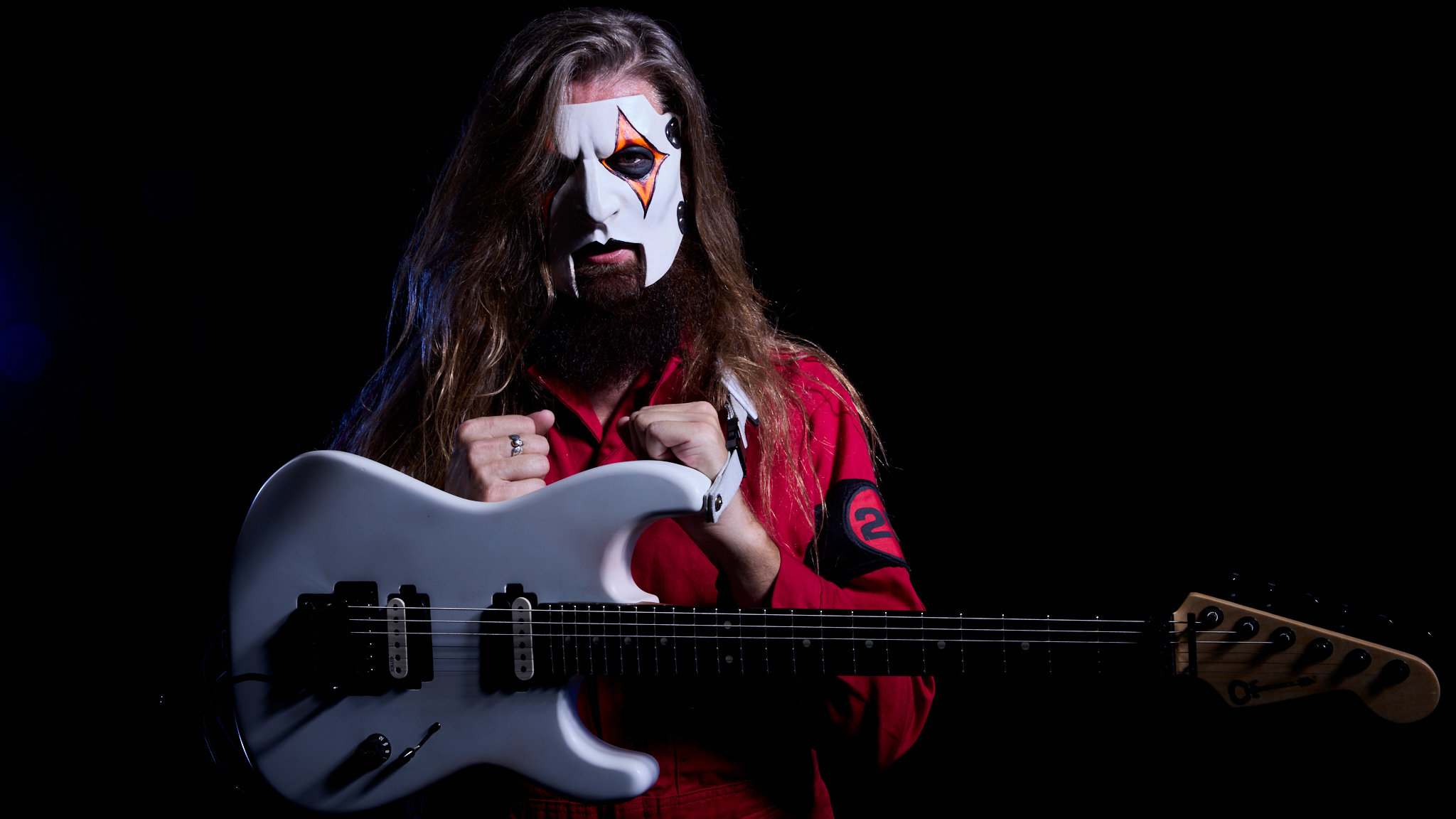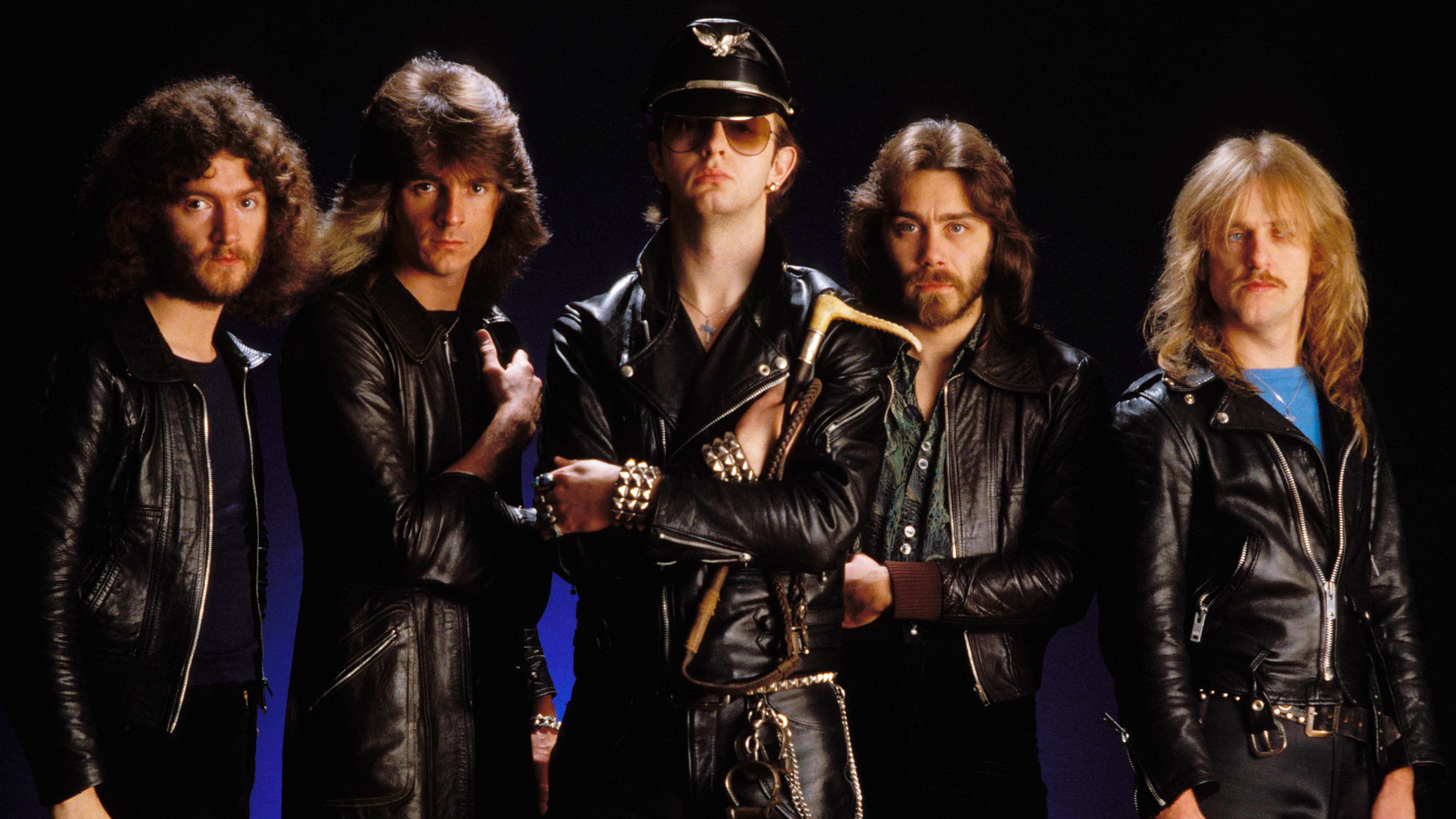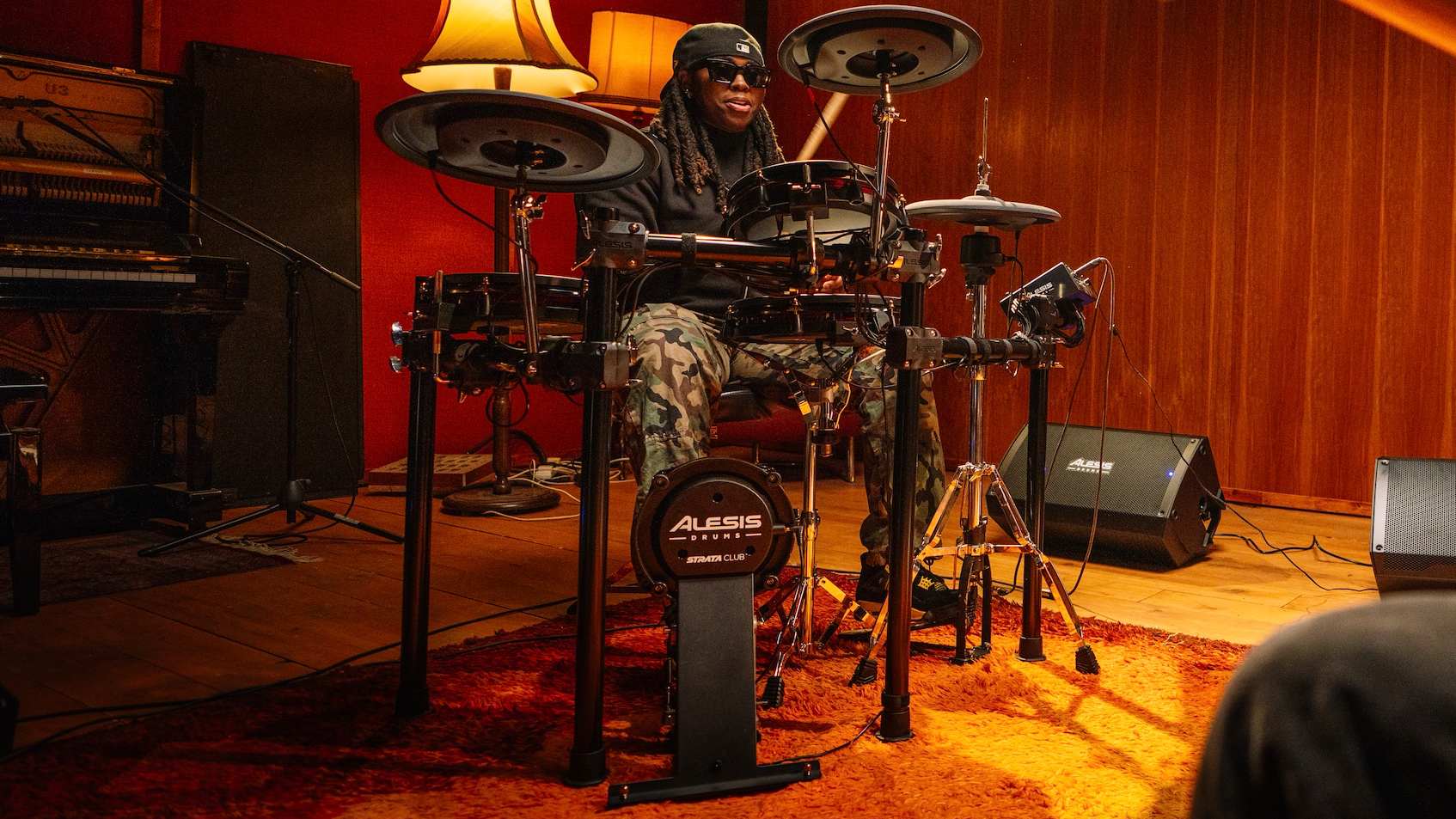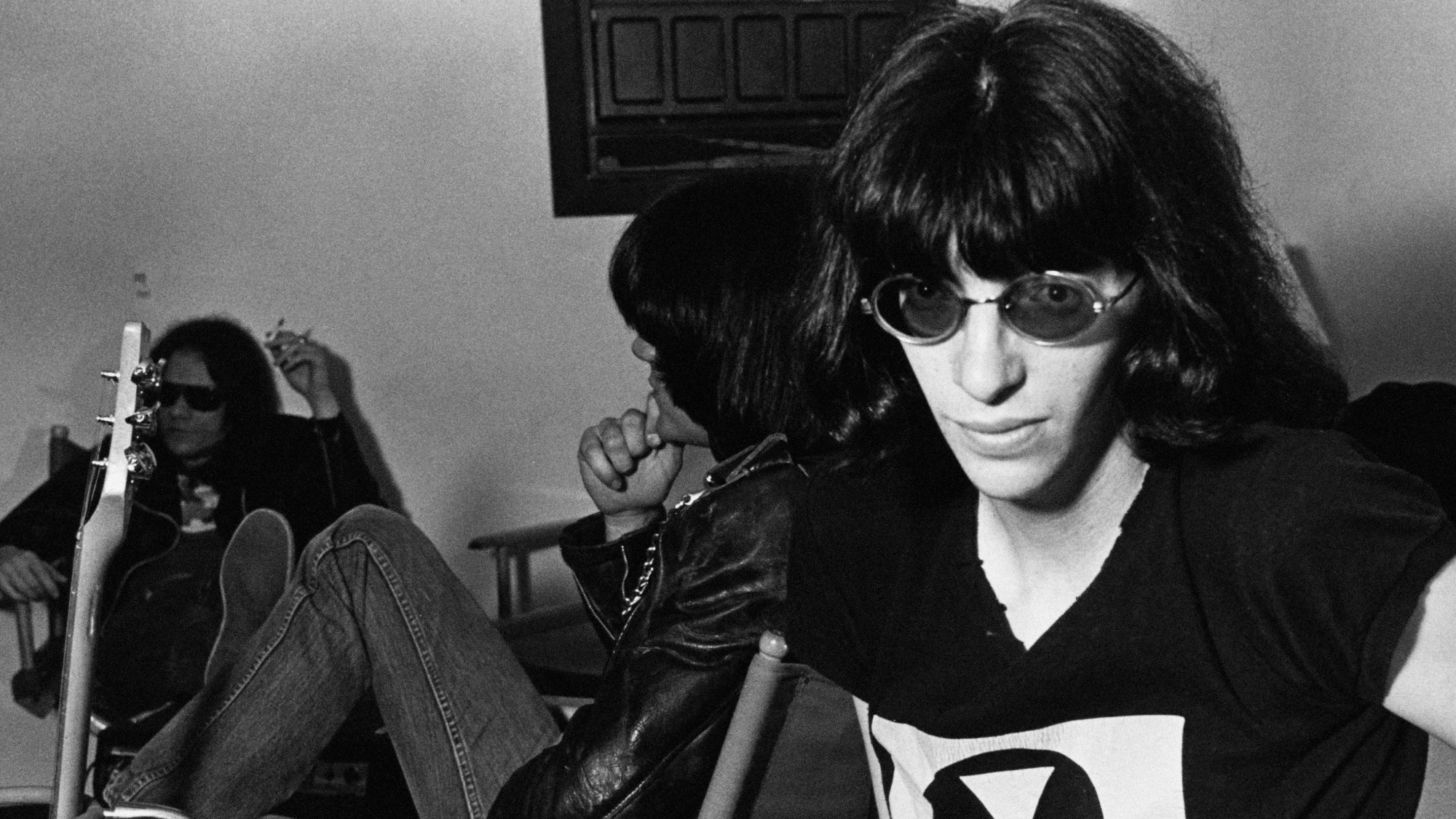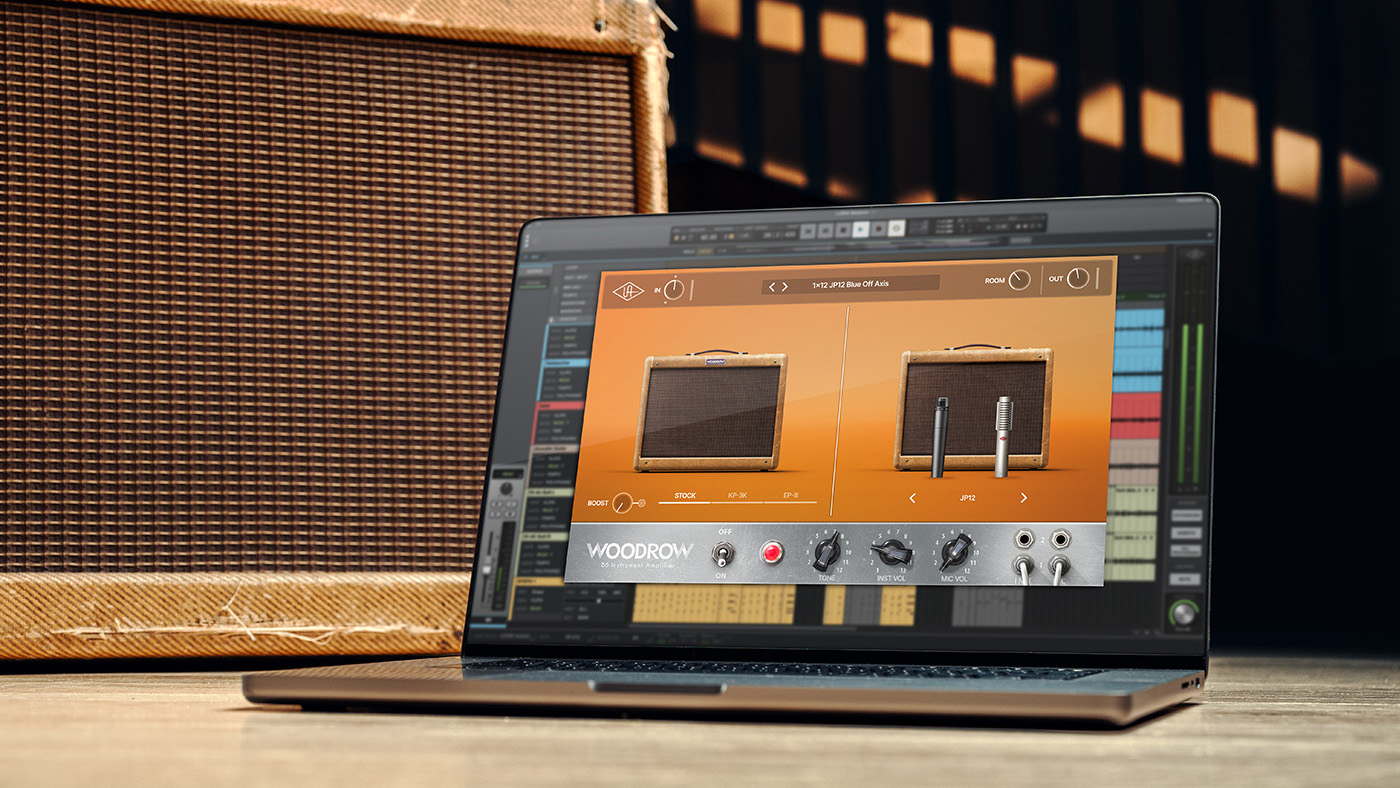5 songs guitarists need to hear by… Manic Street Preachers
A design for listening to celebrate James Dean Bradfield's birthday today
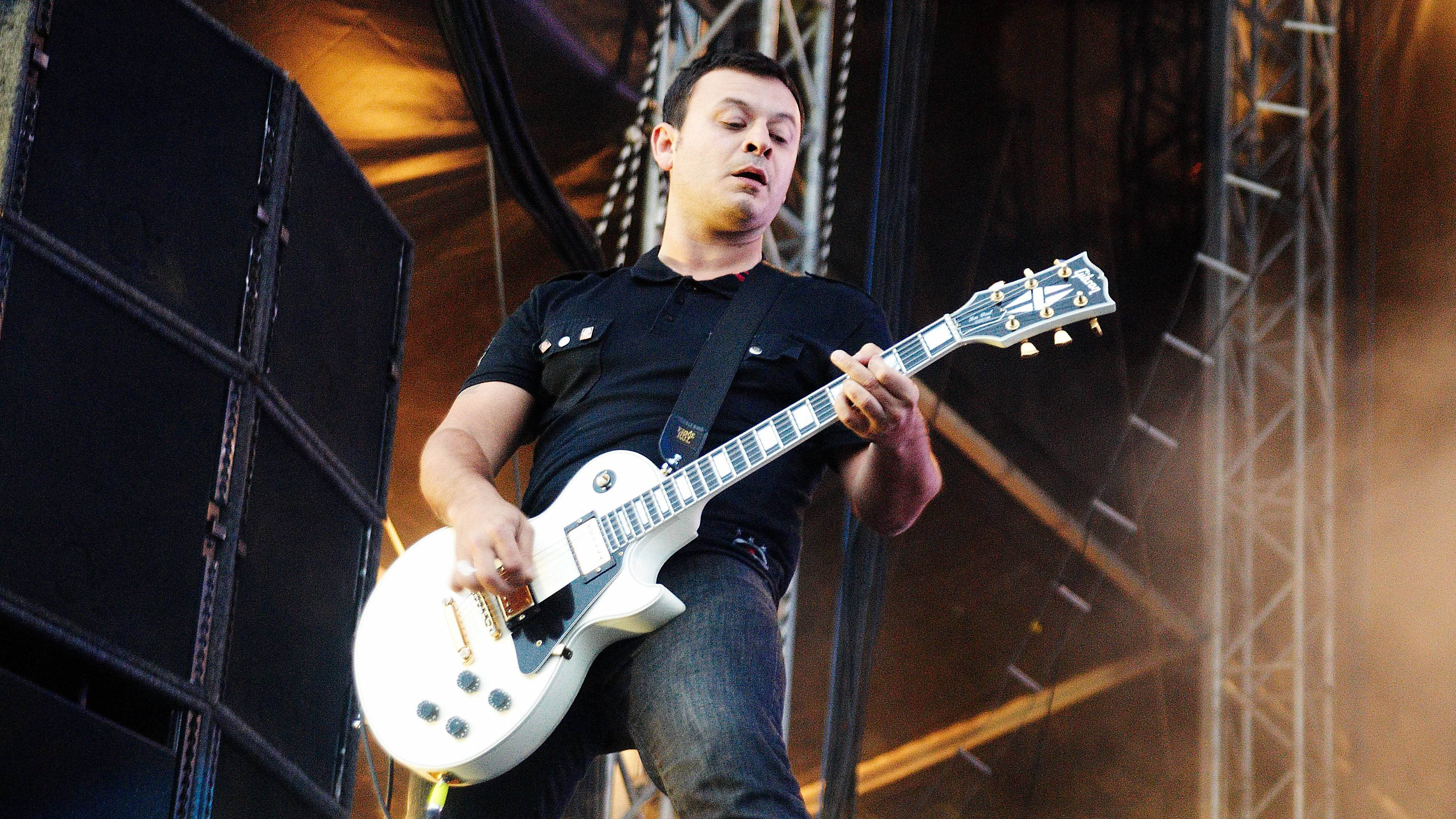
Bursting out of Blackwood, South Wales at the fag end of the 80s, Manic Street Preachers were “a mess of eyeliner and spray paint” indebted to The Clash with ideas of marrying the righteous fury of Public Enemy with the stadium-filling riffs of Guns N’ Roses to become the biggest band in the world, before splitting up after one album. That never quite happened, but a now over 30-year long career of triumph and tragedy has produced myriad guitar thrills as Les Paul Custom-wielding frontman James Dean Bradfield has emerged as probably the best British rock guitarist of his generation.
From the Gn’R inspirations of their ambitious debut Generation Terrorists, via the visceral post-punk nihilism of The Holy Bible (their final album with lyricist and rhythm guitarist Richey Edwards before his disappearance) and arena-filling sounds of Everything Must Go, to the experimental, minimalism of the part-Tony Visconti-produced Lifeblood, the band have trodden several musical paths in their time as one of Britain’s foremost rock bands.
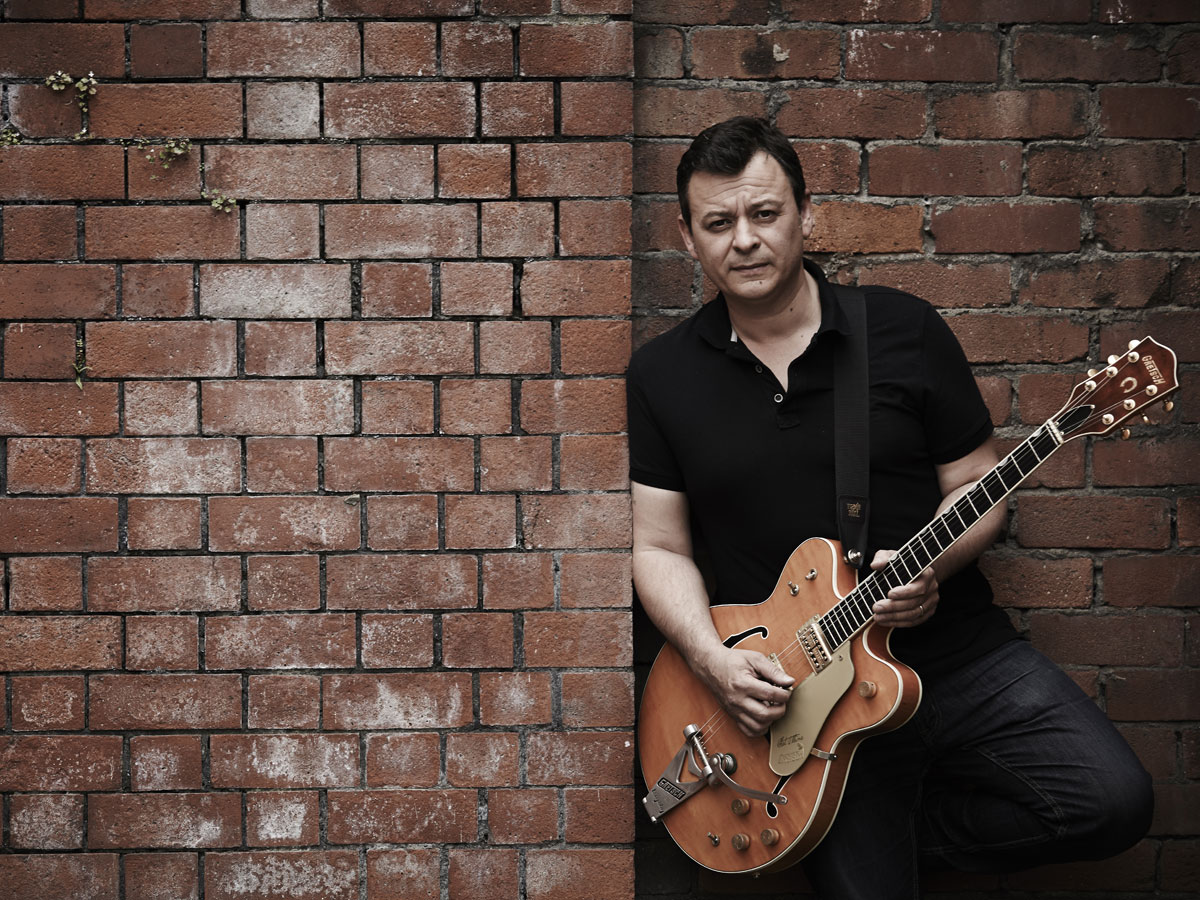
Rather than adopt a greatest hits approach and tell you to listen to Motorcycle Emptiness, Faster and A Design For Life (which you obviously should!), we’ve opted to explore some of the dustier corners of the Manics’ back catalogue to illustrate just what a versatile and talented player Bradfield is. As a result, there should be something here for everyone, whatever you play. In chronological order…
1. Motown Junk – single, 1991
The band’s first single for Heavenly Records and the moment their music began to match the scale of their ambition, Motown Junk has remained a staple in Manic Street Preachers’ live sets for good reason. The early Manics made a lot noise about their inability to play their instruments and the fact they didn’t care, but this furious blast of punk energy built around Bradfield’s energetic, descending barre chord riff was a clear indication that the band’s frontman, at least, arrived fully formed as a guitar and vocals powerhouse.
The signs that the band were destined for more than a career bashing out three-minute punk numbers are littered throughout the song: the vocal melodies, that pre-chorus riff, the way the song’s hook doesn’t so much reach a climax as just explode. Punk rock dictats no doubt precluded the inclusion of a proper solo here, but when Bradfield added one live, as in the 1992 Reading Festival footage linked here, it absolutely rocked.
Did this song help the Manics get their claws into their audience? Check the different responses from the doubtless industry-biased crowd in the official video and the kids down the front at Reading!
2. Archives Of Pain – The Holy Bible, 1994
After that coruscating chorus concludes a second time, we are into one minute and 40 seconds of James Dean Bradfield at his absolute best, teetering on the brink as he moves all over the neck to wring out a solo that goes way beyond the admittedly awesome Slashisms that made his name.
Get the MusicRadar Newsletter
Want all the hottest music and gear news, reviews, deals, features and more, direct to your inbox? Sign up here.
When interviewed back in 2010 by Guitarist magazine he recalled: “Well, that solo was constructed. The guy that engineered The Holy Bible was a chap called Alex Silva. who is a good friend, and we had that song to do. We'd rehearsed the song, but we hadn't rehearsed it with the solo in. And it was one of the only songs where I didn't have any idea what to do: the bars were just there, staring at me like a challenge, because it’s quite a long section at the end. So we sat for two hours and I just kept playing, going round and round.
“It started off as an idea because Archives Of Pain is about Janus-headed philosophy, where in the most fucked up situations left and right become indistinguishable from each other. There's this misconception that authoritarianism is the preserve of the right, but it's not, is it? Kruschev was trying to delineate Stalinism for a fucking decade, wasn't he? So that’s what the song is about and I thought the solo had to have some militancy about it, a wildly out-of-control intelligence. Now that’s bullshit pretension, you've got to make that clear, but you’ve got to be daft sometimes.
"So I spent two hours trying to convey this idea of being ashamed of a certain malevolence inside oneself, two hours sketching it on repeat and then I just did it. I had John McGeoch in my head when I did it, he’s one of my gods.”
3. To Repel Ghosts – Lifeblood, 2004
After the band’s dalliance with mainstream stardom in the mid-nineties, and the admirable but flawed reaction to that with Know Your Enemy, the band took three years to return with Lifeblood. It represents the most radical departure of the band’s career, and while they may have largely shunned its material in retrospect it has developed a cult-like status among sections of the band’s hardcore fanbase. And little wonder, showcasing as it does the level of musicality at which a band that once pretended not to care about such things was now operating.
Bradfield has often claimed be a guitarist of two hats, in a band with two faces, the stadium rock of Generation Terrorists and Everything Must Go and the post-punk of The Holy Bible and Journal For Plague Lovers. The truth is that he is a far more versatile player than that, in a far more versatile band, and Lifeblood proves it.
“I just didn’t want to be a guitarist that pops in and out of the songs, I wanted to be a guitarist who is helping the song, that is playing the right things for the songs"
The post-punk influences are all over this song, but Bradfield uses them differently from anywhere else in the band’s catalogue. The guitars are clean, there’s an Edge-like use of delay and reverb, and there’s a sense of restraint throughout that serves the music perfectly.
“I just didn’t want to be a guitarist that pops in and out of the songs,” Bradfield said at the time, “I wanted to be a guitarist who is helping the song, that is playing the right things for the songs and I kind of went back to John McGeoch again, because he was a guitarist that didn’t seem to have much ego, he would just play in the right places, and play what was right for the song. And also there was a kind of coldness to his playing I like.”
There’s is indeed a coldness to the guitars, and the repeated, delayed, arpeggiated riff on To Repel Ghosts, but the song still manages to build and rock in a way far more in keeping with Manic Street Preachers than even the band might have intended.
4. The Vorticists – Autumnsong 7-inch single, 2007
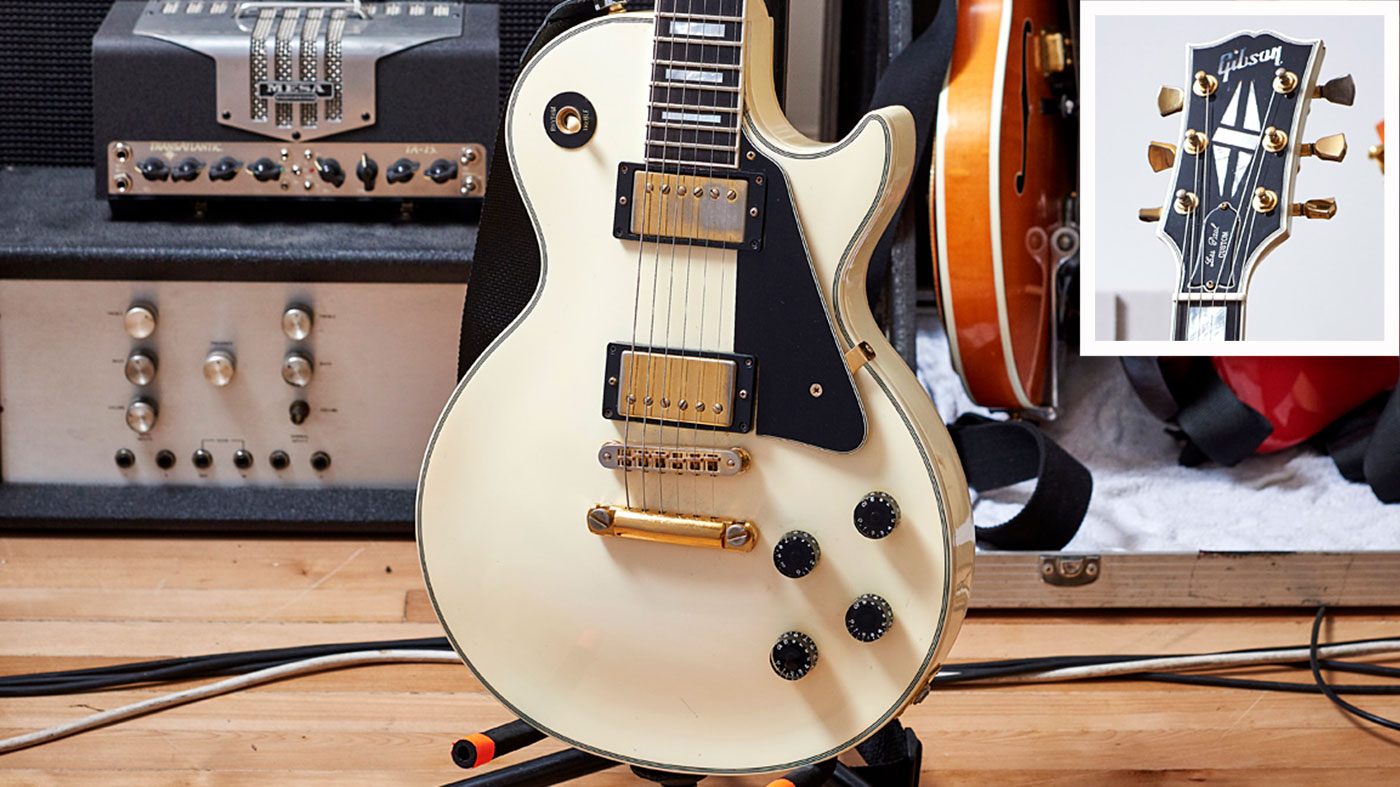
The first of two instrumentals in our list, which might seem a bit odd for a band so utterly attached to the importance of lyrics, but this Send Away The Tigers-era b-side is another example of the versatility of Bradfield’s playing. A fan of heavy instrumental guitar music from titans such as Russian Circles, the Welshman might not get quite that weighty on The Vorticists but there is real heft to the playing here quite untypical of a chart band that had just released its poppiest record in a decade.
After a keyboard and drum intro that’s heavy on the reverb, a chiming, delay-effected guitar motif begins playing that harks back to Lifeblood. But here that repeating motif is carrying us somewhere, namely towards the point where the ‘chorus’ kicks in, everything gets turned up to 10 and Bradfield’s Les Paul bares its fangs. This torrent of noise fills the speakers before giving way to a smooth and tasteful solo around 1.40, after which the storm clouds begin to gather again and everything builds towards a noisy climax.
5. Dreaming A City (Hughesovska) – Futurology, 2014
"I always wanted to make something I thought could live up to the best tracks of albums two, three and four by Simple Minds"
Simple Minds had been a key influence on the young Bradfield, and as early as The Holy Bible the Manics were talking about the Scottish band’s ability to sound nationless, sonically traversing Europe on those early albums, and what an inspiration that was to a band looking to escape their own geography. On 2014’s Futurology they finally got to apply that inspiration more heavily to their music, and nowhere more so than on the instrumental Dreaming A City (Hugheskova) that pays homage to the Minds’ Theme For Great Cities from Sister Feelings Call.
"I always wanted to make something I thought could live up to the best tracks of albums two, three and four by Simple Minds," Bradfield told The Guardian at the time. "Your love of something is the hardest thing to transfer sometimes. It's like having a parent: you recognise them in you, the older you get. I just kept thinking, ‘this has got to come out in the wash’. And it finally did.”
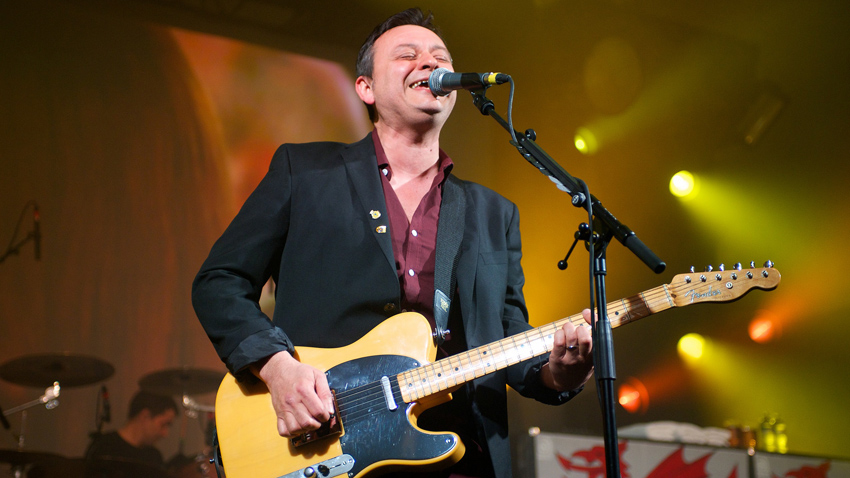
Manic Street Preachers talk Futurology, songwriting and Simple Minds
The fingers doing the playing are very evidently James Dean Bradfield’s, but the courage of his convictions as he steps way outside what would normally be considered his comfort zone to effectively soundtrack a Cold War-era film noir is extraordinary. That an instrumental can tell the story of the establishment of Donetsk by a Welsh industrialist who had shipped his workers to Ukraine is testament to the skill of this wonderful player and a band who by now have finally given up pretending that they can’t play.
Futurology is actual chock full of great playing outside the comfort zone by Bradfield and well worth checking out in full, the closing track Mayakovsky – another instrumental about the ‘poet laureate of the Russian revolution – very nearly took this spot on our list with its angular playing and Robert Fripp-isms, but we felt Bradfield would be most proud of the track where he gets to play Charlie Burchill at last.



